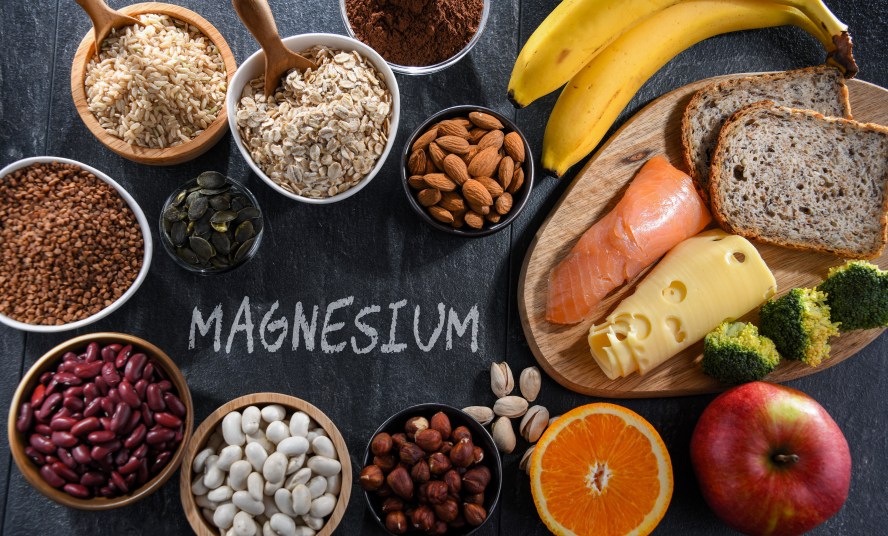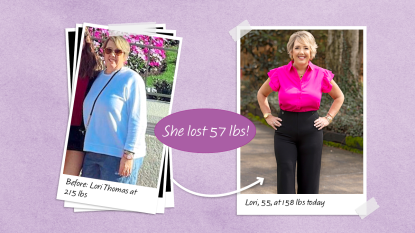News: Getting More Magnesium Can Decrease Anxiety and Stress

With all the ups and downs going on — with the weather, the economy, the politics of our day — it’s only natural that we feel more anxiety and stress. What’s not natural: Suffering from a shortfall of the key mineral, magnesium. Of concern: At least half of Americans aren’t getting enough magnesium. An increasing body of research supports the notion that lack of magnesium is dramatically impacting our levels of anxiety and stress. Here’s what you need to know:
Magnesium as a natural anti-anxiety solution
A growing body of research suggests that magnesium may be a natural, inexpensive treatment for anxiety. A 2020 study published in Nutrients, for instance, noted that people who suffer from psychological stress often have low levels of magnesium. A deficiency can also cause further stress on the body, increasing feelings of anxiety.
A scientific review from 2017, which was also published in Nutrients, explored the relationship between magnesium and anxiety. In reviewing 18 studies, the researchers found that magnesium supplements had a positive effect on participants with either mild anxiety, premenstrual syndrome (PMS), postpartum mental health issues, or hypertension (high blood pressure).
Why might magnesium help with anxiety? Researchers note that the mineral is vital to the function of our nervous system. It also plays a protective role in our neurons, or our brain cells that send messages throughout the brain and nervous system. Furthermore, it helps the nervous, endocrine, and immune systems communicate and regulate emotions and reactions. In doing so, it plays a role in helping to prevent feelings of stress and anxiety. (Click through to discover how magnesium can end the symptoms of restless leg syndrome.)
How much magnesium should you take in a day?
The National Institutes of Health (NIH) state that adult women who are 31 years old and older should consume at least 320 milligrams (mg) of magnesium daily. Fortunately, many magnesium supplements come in low doses, such as the NOW Foods Magnesium Caps, which are 400 mg each (Buy from iHerb, $10.53). However, some brands offer higher doses.
Your doctor may suggest that you take a higher dose if you have an illness that can cause magnesium deficiency, such as kidney disease, Crohn’s disease, or parathyroid issues. In addition, the liquid form of this mineral is best absorbed by the body — the absorption rates of other forms of magnesium (like pills and powder) vary. Keep in mind that these supplements may cause cramps, nausea, and diarrhea, especially when taken in higher doses.
What foods contain magnesium?
If your doctor doesn’t suggest that you take a supplement, you can easily reach 320 mg per day through your diet (and consuming magnesium via food may make it easier on the stomach). As listed by the NIH, foods that contain magnesium include:
- Pumpkin seeds (156 mg in one ounce)
- Chia seeds (111 mg in one ounce)
- Dry, roasted almonds (80 mg in one ounce)
- Boiled spinach (78 mg in 1/2 cup)
- Dry, roasted cashews (74 mg in one ounce)
- Peanuts, roasted in oil, (63 mg in 1/4 cup)
- Soymilk, plain or vanilla (61 mg in one cup)
- Cooked black beans (60 mg in 1/2 cup)
- Shelled, cooked edamame (50 mg in 1/2 cup)
- Peanut butter, smooth (49 mg 2 tablespoons)
You can quickly meet your daily requirement by eating two ounces of pumpkin seeds and a tablespoon of peanut butter.
Of course, feelings of anxiety and stress won’t be solved with a one-step approach like eating a little more magnesium. Work, home life, and genetics are huge factors, and it’s important to talk with your doctor if you need help easing anxiety. But by being more mindful about the role diet has in your mental health, you may be able to ease some of your symptoms.
For more on how getting more magnesium can positively impact health:
Magnesium May Be the Key That Unlocks Weight Loss For Women Over 50
This Anti-Aging Mineral Could be the Secret to Weight Loss and Better Sleep













